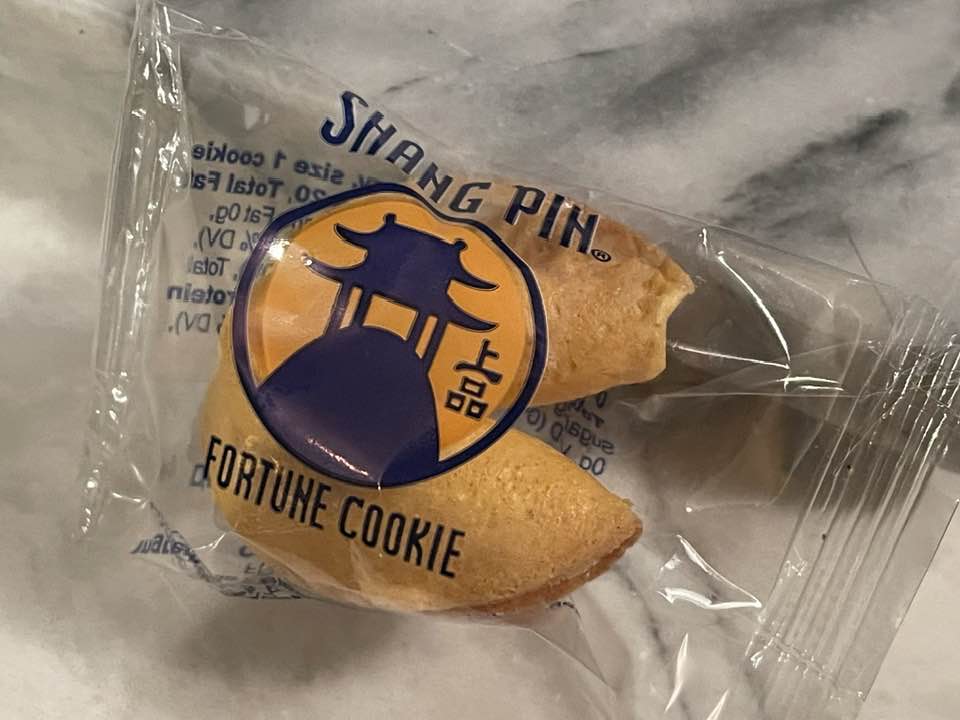JANUARY 12, 2024 – The human brain has a way of softening, diluting, and covering up past miseries. In the context of the sales job, for example, I remember the fact of my afflictions—psychological and physical—but the memories of them don’t cause me current pain. Take the wicked sore throat I had the second week of pounding the pavement. It felt like a knife had been jabbed into gullet, then twisted left, then right. Worse, I had to deal with this condition in a cold rain. Trudging down Genesee Street—a main artery that led to my territory—one morning, the damn sore throat rising to killer mode every time I swallowed and my feet turning soggier by the step, I was officially insane with misery.
If I hadn’t succumbed to the company dictum, “When you’re sick you work twice as hard,” I would’ve spent the day warm and dry at Mikolon’s Grand Hilton, sipping hot herbal tea laced with honey. But no, instead I ventured out with a pocketful of throat lozenges that Mrs. Mikolon had given me—which candy I consumed in less than an hour. Having to knock on doors to meet my quotas (number of daily calls, pitches, sales) was pure torture. Between houses I cursed Southwestern something fierce. My anger helped divert my attention.
It took a couple of days to get past the sore throat before it could lead to something worse.
Episodes of pain, anger, and frustration were counterbalanced by incidents of supreme amusement. One such occasion was the time I used my entire command of Mandarin Chinese—three words—to fool actual Mandarin-speaking Chinese into thinking I was fluent in their mother tongue.
Early one afternoon I found myself in an old retail section of inner Buffalo. I was still hungry after my staple honey-peanut butter sandwich and orange, and happened upon a small mom-and-pop Chinese food store. I remember a few of the standout particulars of the place—the little bell, fastened to the interior top of the door, which jingled as I entered; the creaky wood floor; the Chinese couple who stood behind the counter; and the glass jar of fortune cookies (no doubt for white customers) with “5¢” written on a small square of white paper taped to the jar. Except for the bell and the creaky narrow floor boards, the place was quiet, undisturbed by any other customers.
Upon seeing the proprietors, I greet them with one of the three words I’d learned from my Chinese violinist friends at Interlochen: “[Ni hoa]”(“Hello”). The unexpected greeting evoked the same in return. Without any further engagement, I strolled along a few shelves and casually surveyed the bags of rice, jars of sauces, and other goods packaged in quantities that exceeded my immediate desire. I then edged back toward the counter and espied the fortune cookie jar—and price. Smiling at the woman who’d edged toward me, I put down my “gas can” sales kit, held up two fingers with my left hand and reached into my right pocket for a dime. She reached for two cookies to exchange for the coin.
“[Xièxiè]” (“Thank you”), I said.
““[Xièxiè]!” she said, either out of surprise or actual gratitude that she’d managed a sale on what was apparently a slow afternoon.
With cookies in one hand, I picked up my sales kit with the other and completed my “conversation in Mandarin” with “Zàijiàn!” (“Good-bye”) before the couple were any the wiser to my charade. They had to be the wiser—especially given that I’d used sign language for “I’ll take two,” but I found certain pleasure in having pretended and in the couple’s polite accommodation of my fictive lingual skill.
Subscribe to this blog and receive notifications of new posts by email.
© 2024 by Eric Nilsson
